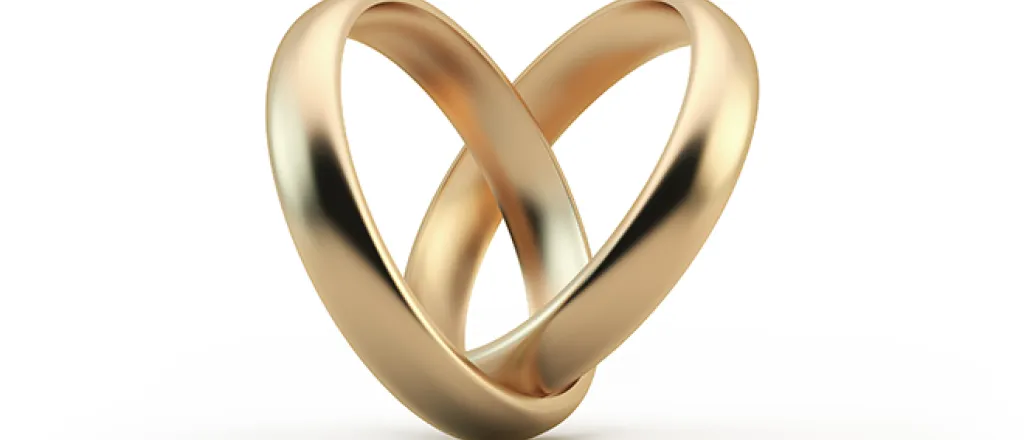
Study skewers long-held theory that 'opposites attract'
(New Mexico News Connection) The age-old theory that opposites attract has been debunked. According to analysis of more than 130 traits in a study that included millions of couples over more than a century, the authors found that partners are more likely to be similar than wildly different.
Tanya Horwitz, a doctoral student at the University of Colorado, said 82 to 89 percent of traits analyzed - ranging from political leanings to substance-use habits - revealed people tend to find partners with similar habits.
"People meet the people they get into relationships with often within social networks," she said. "So, if a person spends a lot of time in bars or taking substances, they are probably also going to meet a lot of other people who have similar substance-use patterns."
Horwitz added the analysis shows individuals tend to partner with those who are different for only three-percent or less of the traits studied. Meanwhile, traits like height and weight, medical conditions and personality showed far lower - but still positive - correlations. The study did not include same-sex couples because their patterns may differ significantly, which the authors are now exploring separately.
While the study showed partner resemblance was far more similar than dissimilar, Horwitz noted sleep patterns were a surprising outlier.
"We're looking at tens of thousands of couples, so it was a large sample," she explained. "But we did find that if you're a morning person, you are slightly more likely, in the sample, to be in a long-term relationship with a night owl - and we kind-of don't know why we found this."
She said the study involved two methods - a meta-analysis looked at 22 traits across 199 studies, including millions of male-female co-parents, and engaged, married or cohabitating pairs. It also includes analysis of 133 traits across almost 80,000 opposite-sex pairs in the United Kingdom.

















